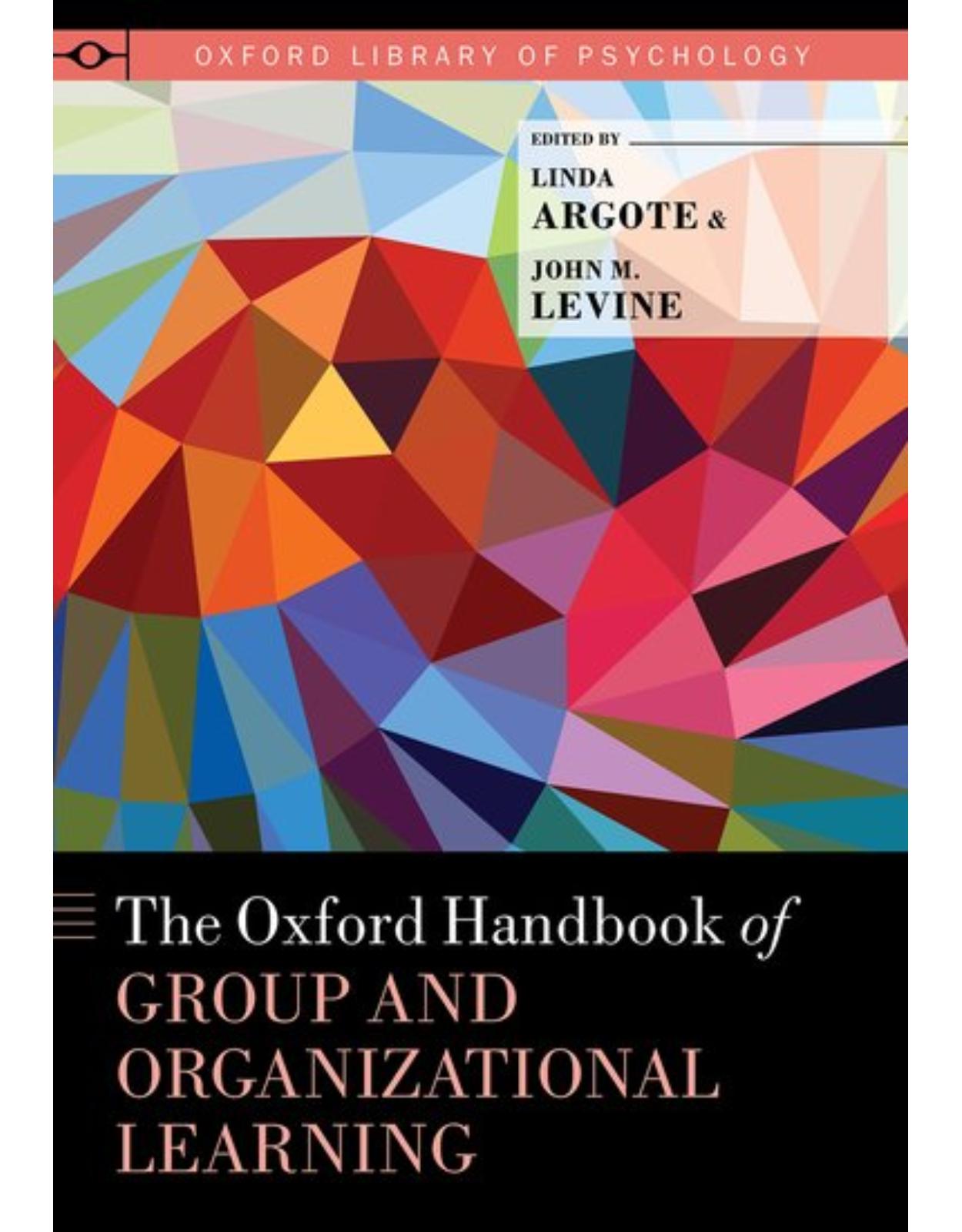
The Oxford Handbook of Group and Organizational Learning
729 Lei (TVA inclus)
Livrare gratis la comenzi peste 500 RON. Pentru celelalte comenzi livrarea este 20 RON.
Livrare gratis la comenzi peste 500 RON. Pentru celelalte comenzi livrarea este 20 RON.
Cod produs/ISBN: 9780190263362
Disponibilitate: La comanda in aproximativ 4-6 saptamani
Editura: Oxford
Limba: Engleza
Nr. pagini: 688
Coperta: Hardback
Dimensiuni: 254x178 mm
An aparitie: 01-01-20
Groups and organizations vary dramatically in their ability to learn. Some acquire substantial knowledge as a function of experience, while others do not. Failing to learn from experience can have significant consequences for organizations and their members. The goal of this handbook is to bring together cutting-edge theoretical and empirical work on group and organizational learning by leading scholars from several disciplines. The handbook advances understanding of the causes and consequences of learning in collectives of varying size and complexity. The handbook provides insights about how to overcome barriers to learning in groups and organizations and thereby, to improve their performance. PART I. Introduction; 1. John M. Levine and Linda Argote, Group and Organizational Learning: Past, Present, and Future; 2. Psychological Foundations of Group and Organizational Learning; Zur Shapira; PART II. Processes of Group and Organizational Learning; Mindfulness of Learning Processes; 3. Deliberate Learning; Michael A. Lapre and Ingrid M. Nembhard; 4. Organizational Learning and Organizational Improvisation; Anne S. Miner and Jay O'Toole; Information Sampling and Search; 5. Attention, Knowledge, and Organizational Learning; William Ocasio, Luke Rhee, and Daniel Milner; 6. Sampling Biases Explain Decision Biases; Jerker Denrell; 7. Organizational Learning From Failure: Present Theory and Future Inquiries; Vinit M. Desai, David Maslach, and Peter M. Madsen; Information Processing and Interpretation; 8. Information Sharing Within Groups in Organizations: Situational and Motivational Influences; James R. Larson, Jr. and Amanda C. Egan; 9. Learning While Deciding in Groups; R. Scott Tindale and Jeremy R. Winget; 10. Team Reflexivity; Michaela C. Schippers, Amy C. Edmondson, and Michael A. West; 11. Advancing Team Learning: Process Mechanisms, Knowledge Outcomes, and Implications; Steve W. J. Kozlowski and Bradford S. Bell; Training; 12. Team Training in Organizations: It Works-When Done Right; Eduardo Salas, Denise L. Reyes, and Amanda L. Woods; 13. Team Training in the Organizational Context; Norbert K. Semmer and Franziska Tschan; Remembering and Retaining Knowledge; 14. How Interacting Groups Remember: Implications for Learning by Groups in Organizations; Verlin B. Hinsz, Kevin R. Betts, Miriam Sanchez-Manzanares, and R. Scott Tindale; 15. Is Organizational Memory a Useful Capability?: An Analysis of Its Effects on Productivity, Absorptive Capacity, and Adaptation; Amit Jain; Performance Feedback and Social Comparisons; 16. Performance Feedback in Organizations and Groups: Common Themes; Henrich R. Greve and Vibha Gaba; 17. Social Comparison and Learning From Others; Christine M. Beckman and Hyeun J. Lee; Learning from Others and Transferring Knowledge; 18. Personnel Movement as a Mechanism for Learning in Organizations and Teams; Aimee A. Kane and Floor Rink; 19. Knowledge Transfer: Barriers, Methods, and Timing of Methods; Gabriel Szulanski and Sunkee Lee; Innovation and Creating Knowledge; 20. Group and Intergroup Creativity; Paul B. Paulus and Jared B. Kenworthy; 21. Team Innovation Cycles; Martine R. Haas and Jonathon N. Cummings; 22. Collective Paradoxical Frames: Managing Tensions in Learning and Innovation; Ella Miron-Spektor and Susannah B. F. Paletz; PART III. Contextual Influences on Group and Organizational Learning; Unit Composition; 23. Team Emotions and Team Learning; Dorthe Dojbak Hakonsson, Panagiotis Mitkidis, and Sebastian Wallot; 24. Team Diversity and Learning in Organizations; Daan van Knippenberg and Julija N. Mell; 25. Collective Intelligence and Group Learning; Anita Williams Woolley and Ishani Aggarwal; Structures and Routines; 26. Organizational Routines and Organizational Learning; Markus C. Becker; 27. Organizational Structure and Organizational Learning; Phanish Puranam and Boris Maciejovsky; 28. How and When Can Social Hierarchy Promote Learning in Groups?; J. Stuart Bunderson and Bret Sanner; 29. Learning in Chains and What We Can Learn From It; Anne Marie Knott; Intergroup Contexts; 30. A Social Identity Model for Education; Dominic Abrams, Diane M. Houston, Barbara M. Masser, and Blake M. McKimmie; 31. Learning Who We Are From Our Leaders: How Leaders Shape Group and Organizational Norms and Identities; Michael A. Hogg; 32. Organizational Learning and Multiteam Systems; Leslie A. DeChurch, Gina M. Bufton, Sophie A. Kay, Chelsea V. Velez, and Noshir S. Contractor; Online Environments; 33. Learning in Virtual Teams; Yuqing Ren; 34. Theorizing Knowledge Collaboration in Online Communities; Ann Majchrzak, Sirkka L. Jarvenpaa, and Samer Faraj
| An aparitie | 01-01-20 |
| Autor | Argote, Linda; Levine, John M. |
| Dimensiuni | 254x178 mm |
| Editura | Oxford |
| Format | Hardback |
| ISBN | 9780190263362 |
| Limba | Engleza |
| Nr pag | 688 |

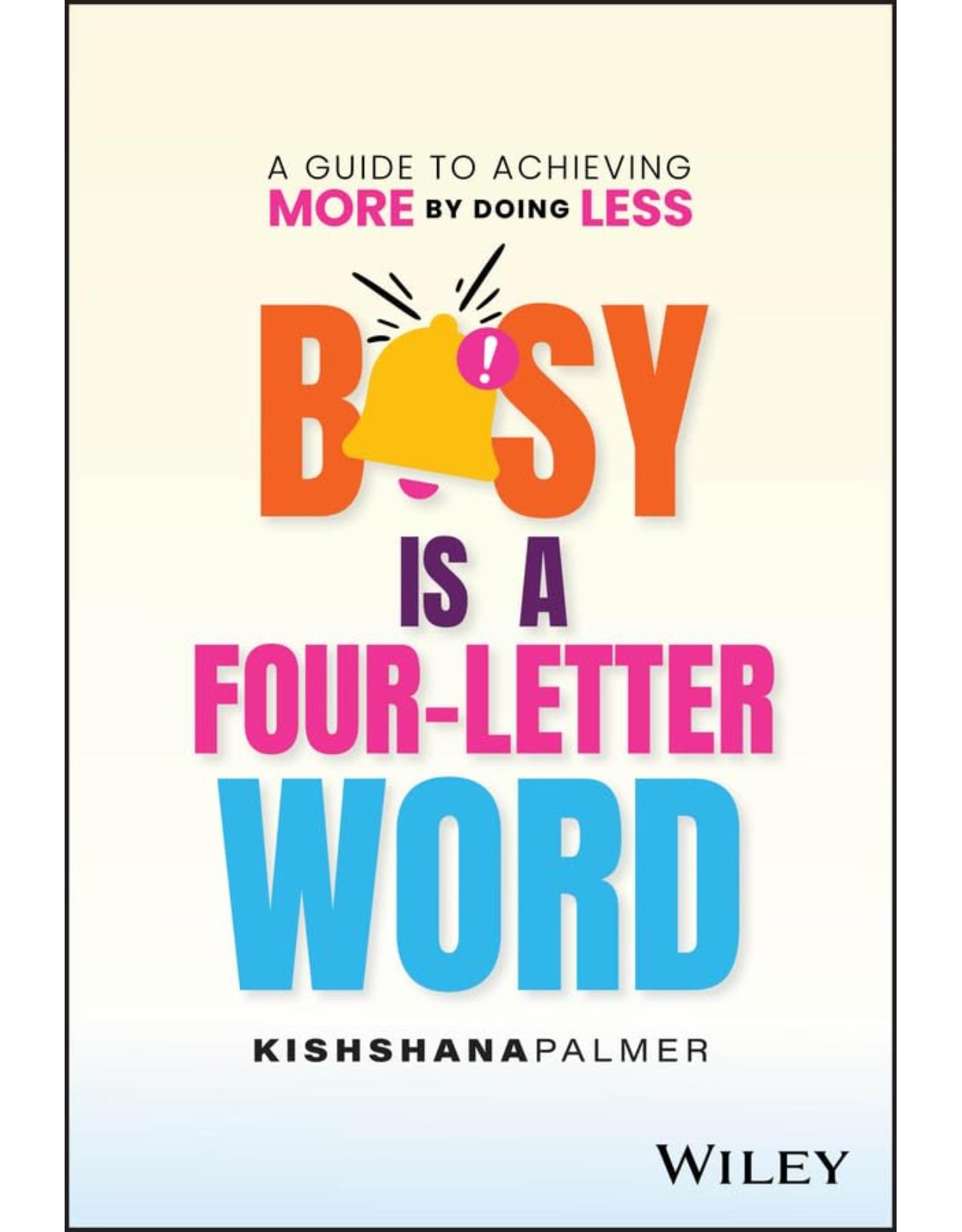

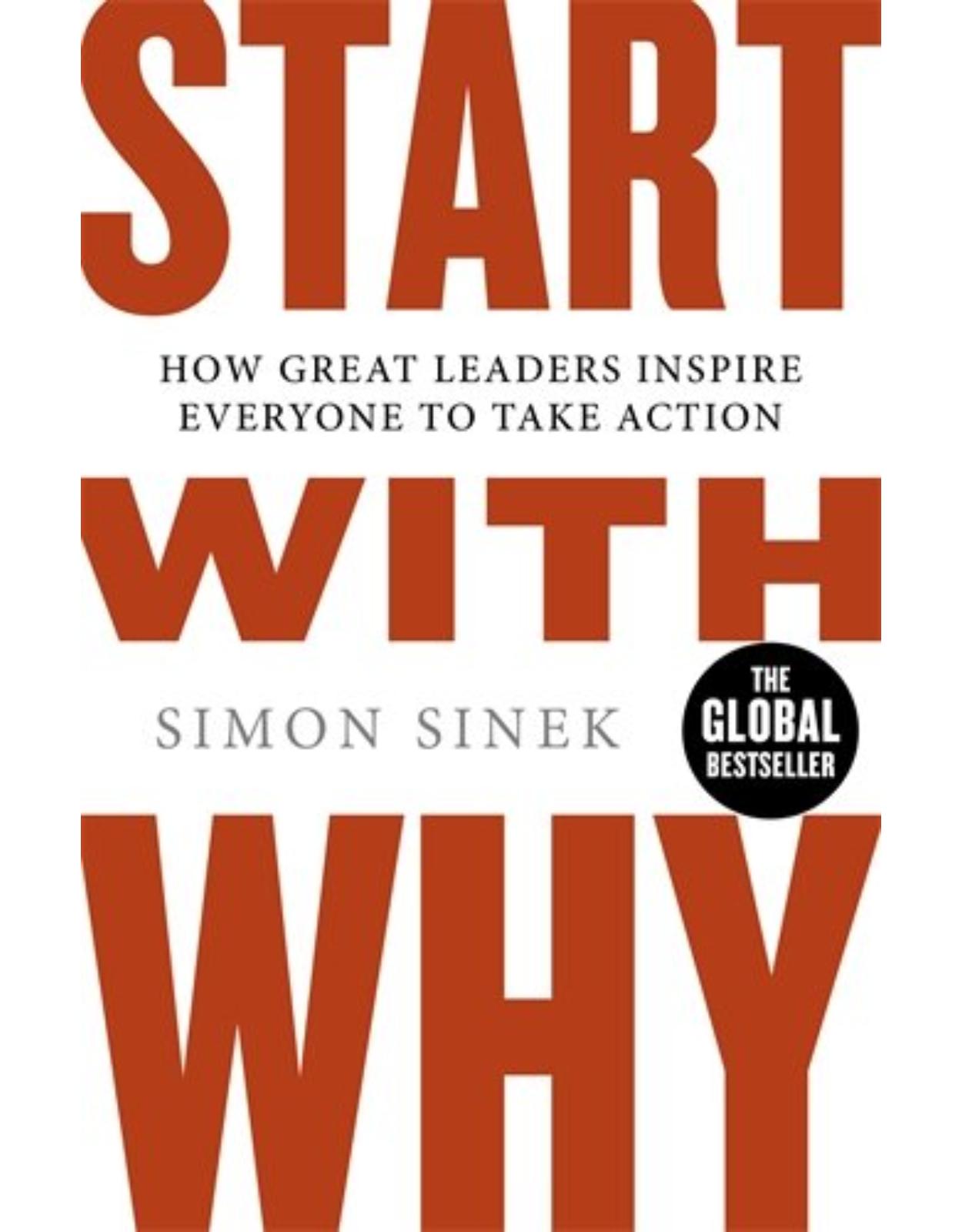
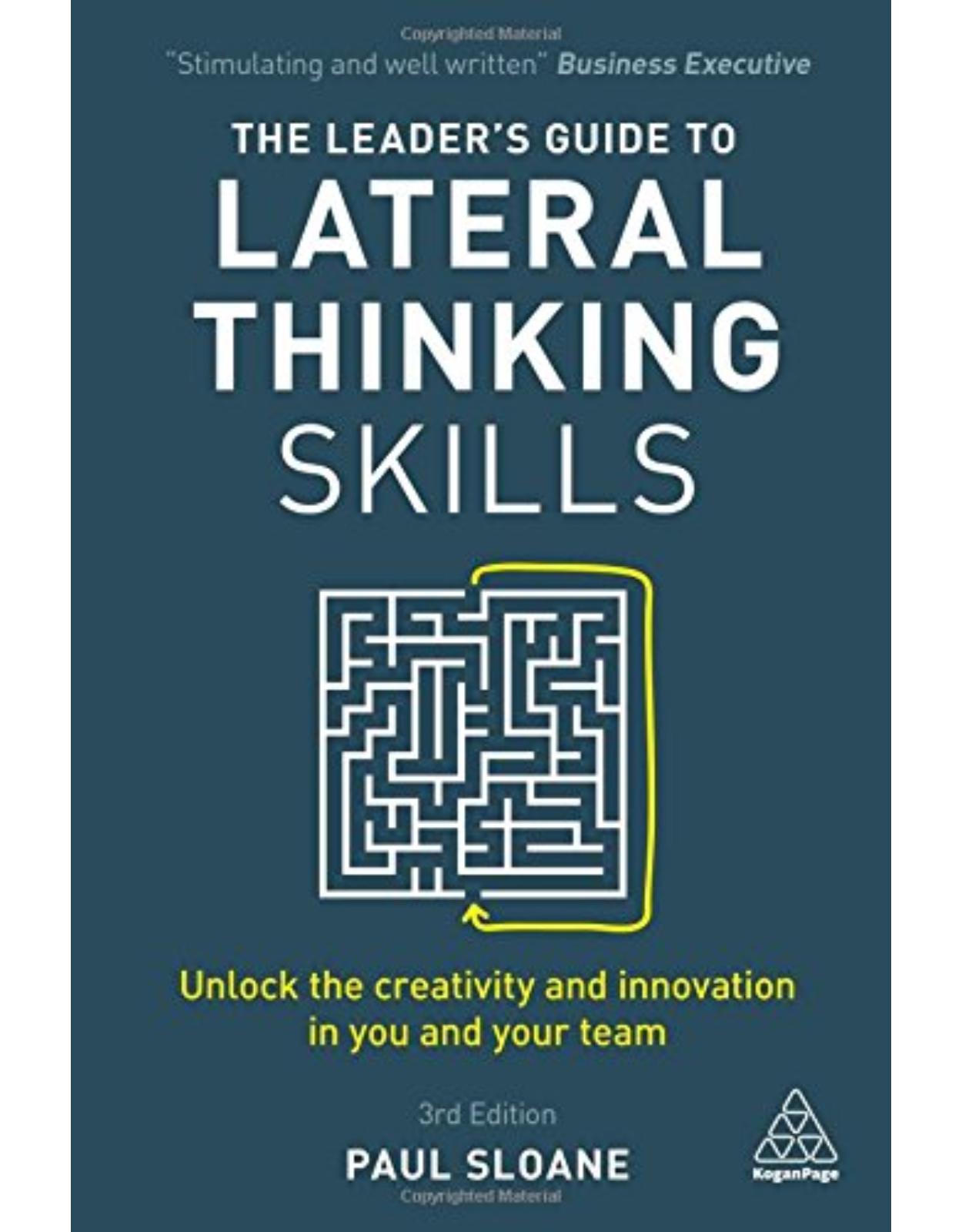
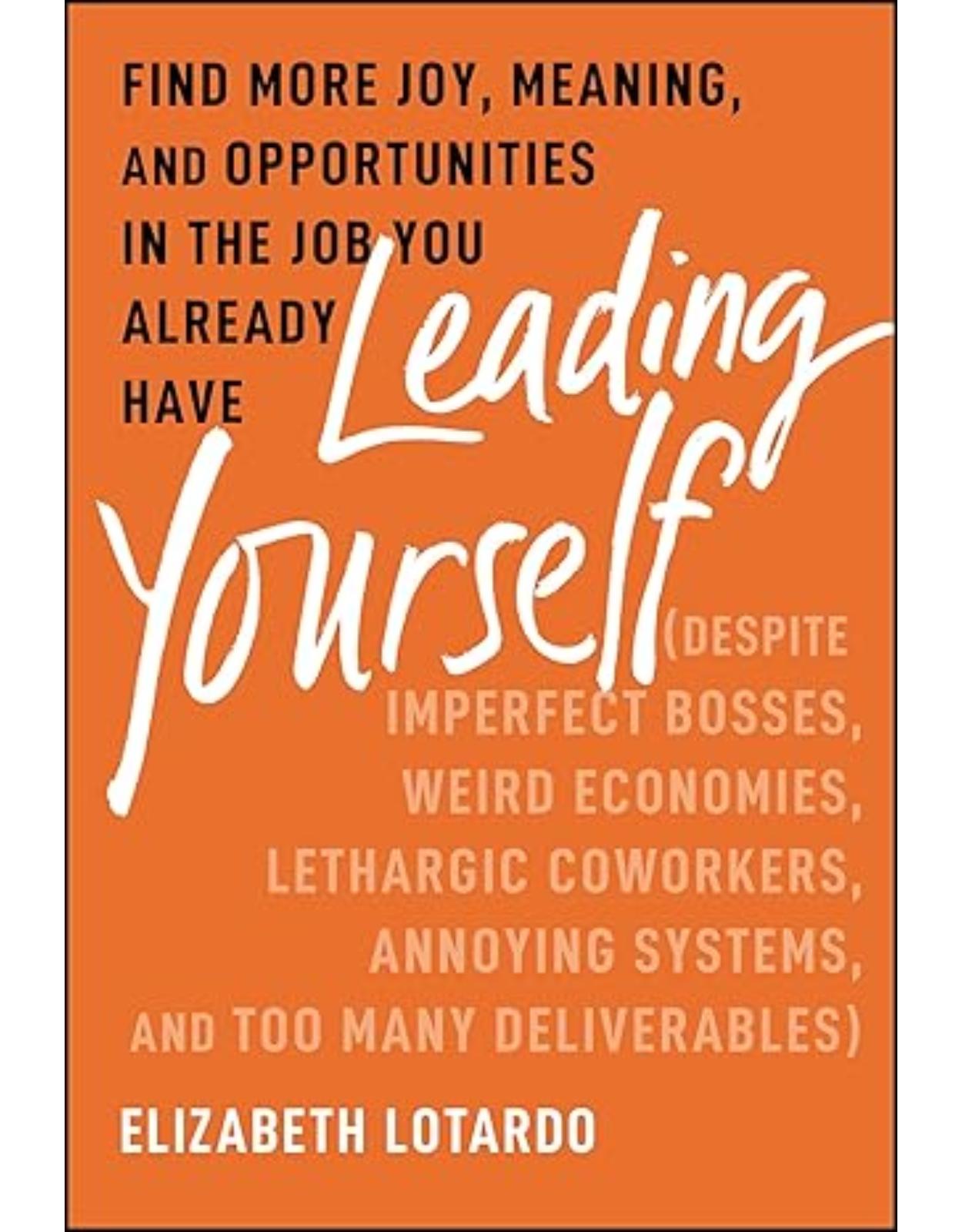
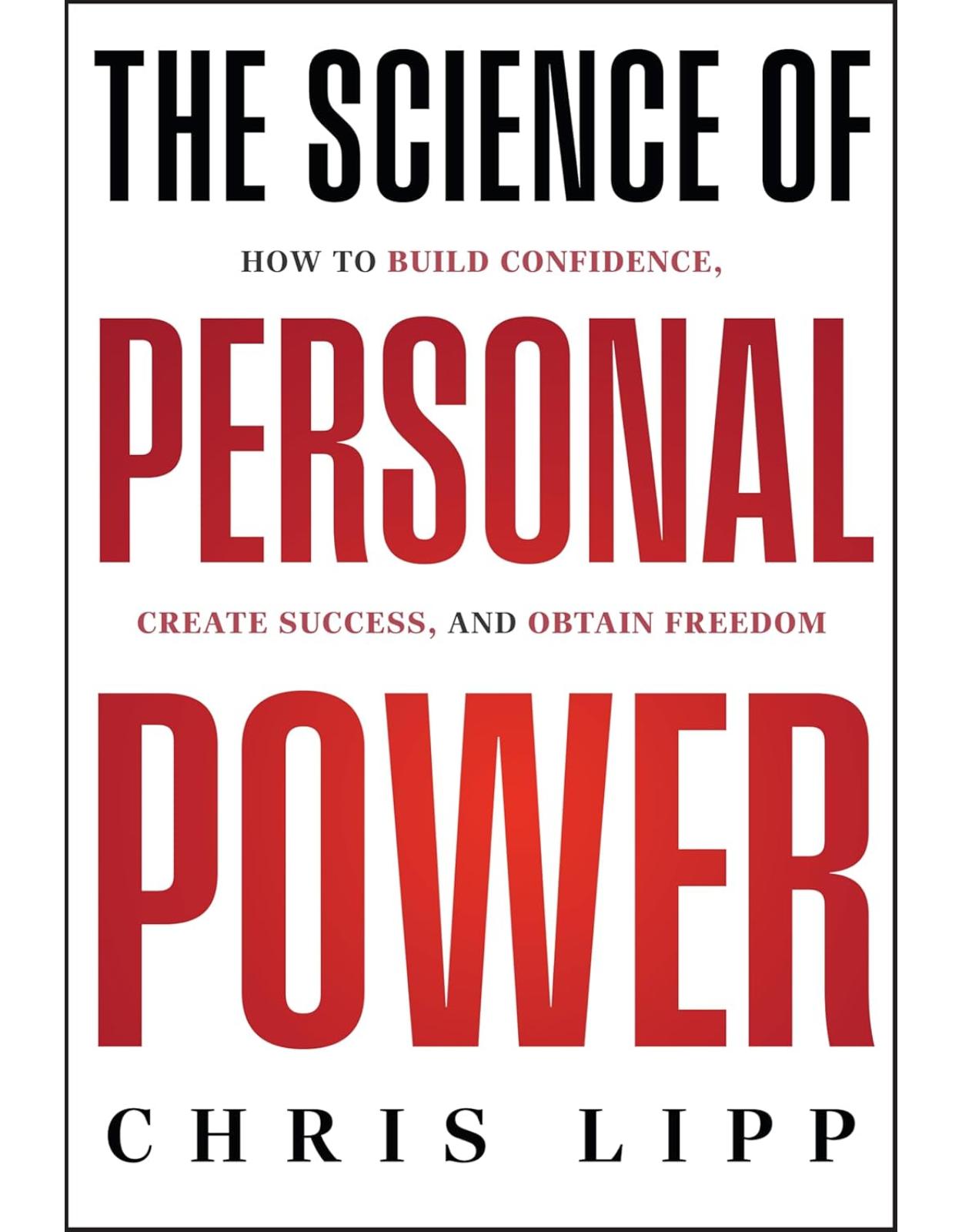
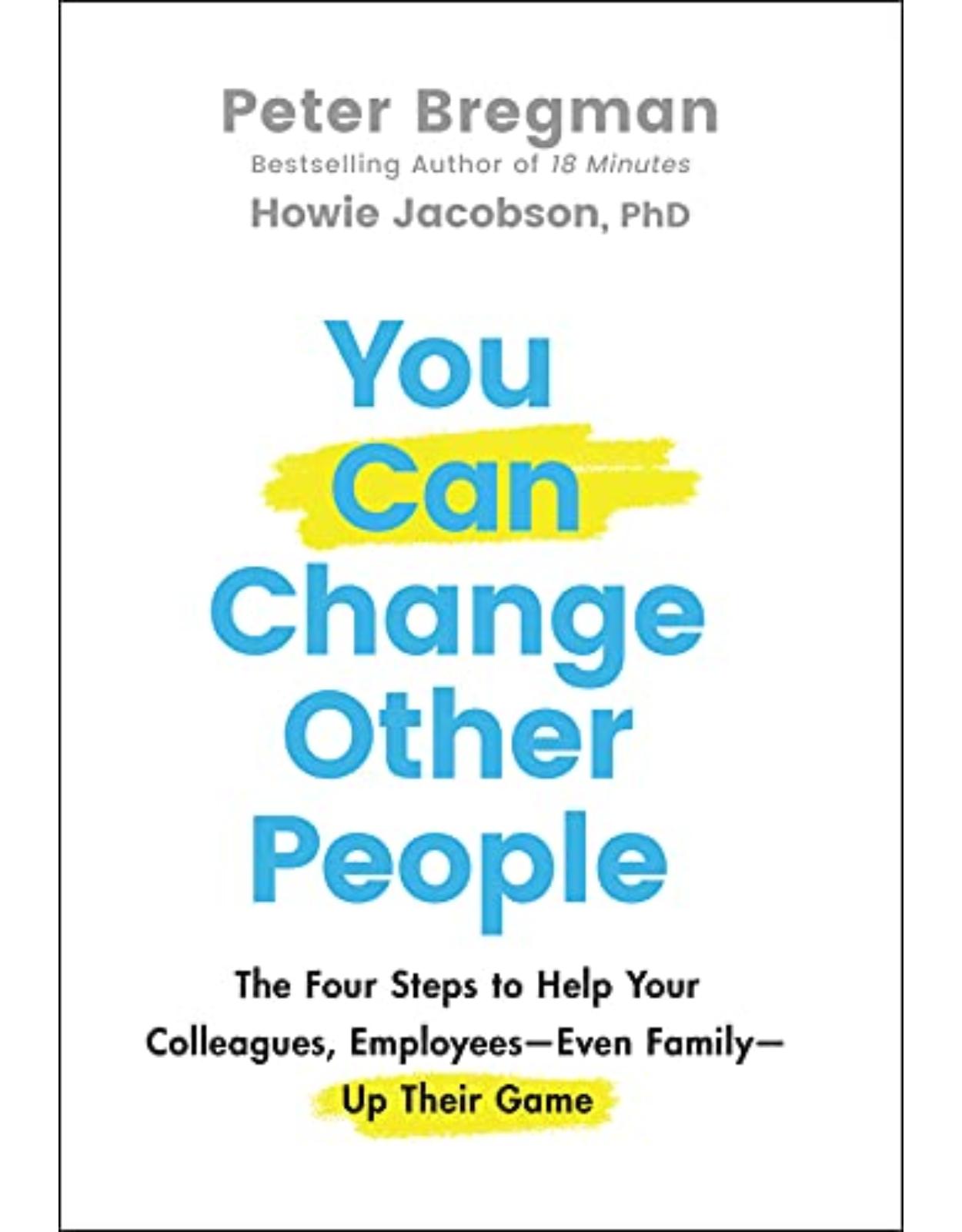


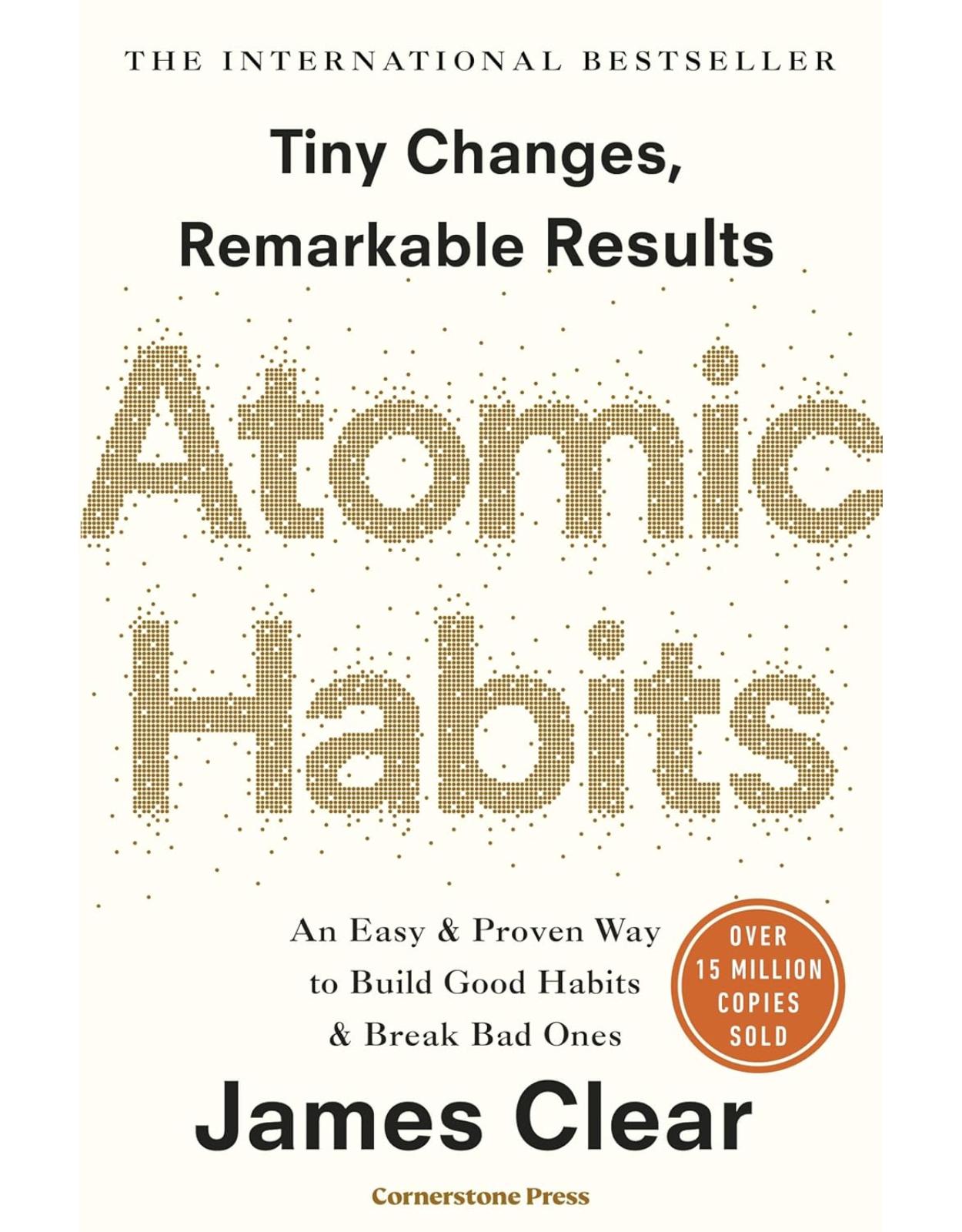
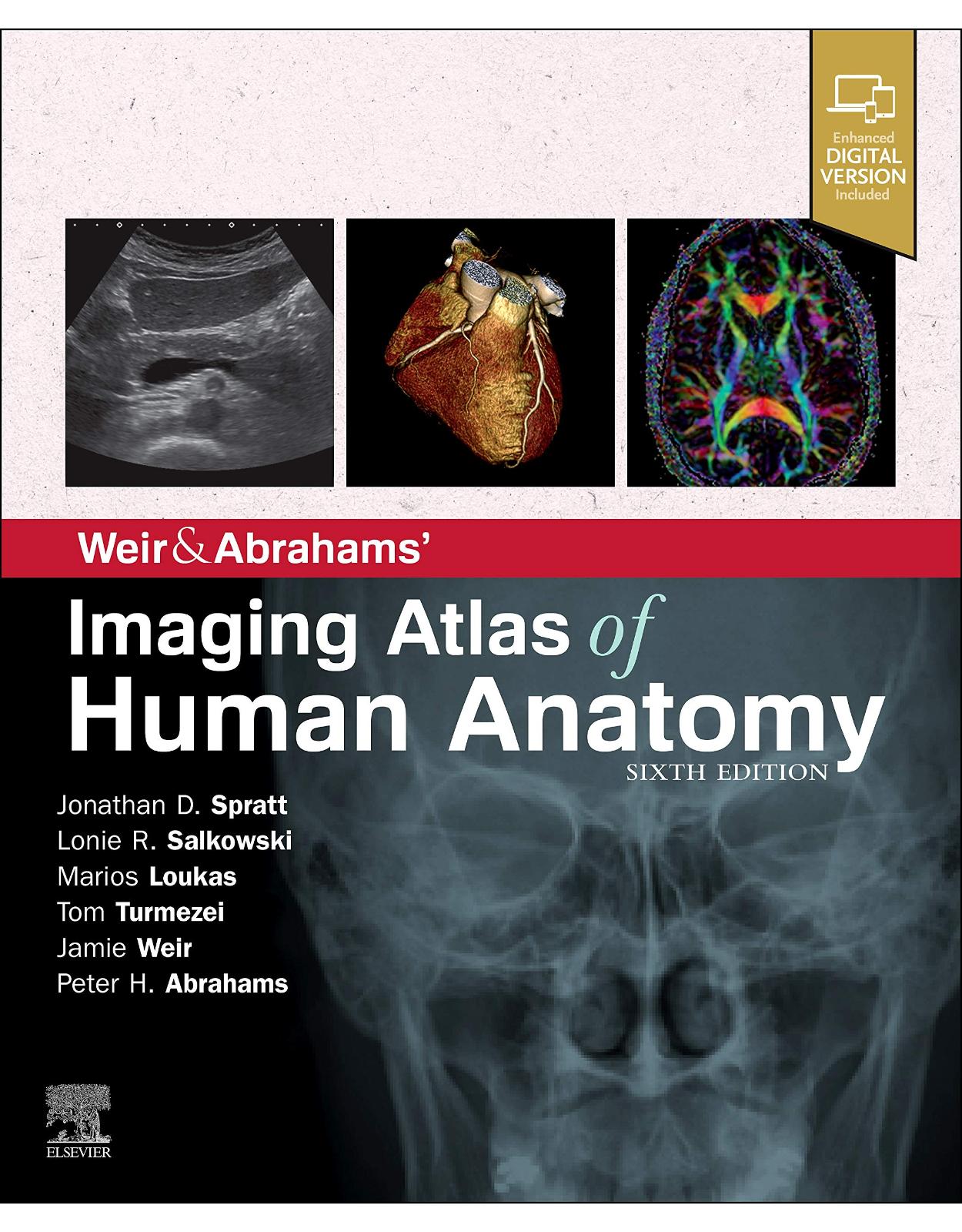

Clientii ebookshop.ro nu au adaugat inca opinii pentru acest produs. Fii primul care adauga o parere, folosind formularul de mai jos.